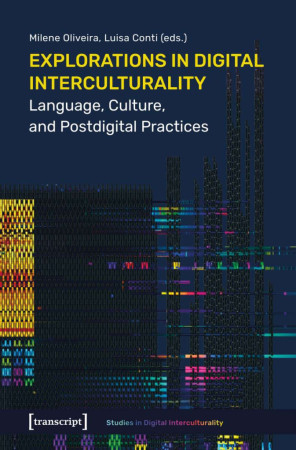Towards a posthumanist interculturality: Theory development in intercultural communication research

Chapter
Author(s) / editor(s):
Dominic Busch
Year: 2025
In: Oliveira, M. / Conti, L. (eds.): Explorations in Digital Interculturality: Language, Culture, and Postdigital Practices. Bielefeld: transcript, p. 41-76.
Keywords: posthumanism, cultural theory, circularity, epistemic violence, ontologyLanguage(s): English
Abstract:
Intercultural communication research has sometimes been criticised for being under-theorised, and particularly in the 1980s there were several attempts to strengthen what could be called ‘intercultural theory’. But just as these efforts were beginning, the discipline’s core premises were coming under increasing scrutiny: What is culture? Can
there be any analysis at all of a phenomenon that is so abstract from the outset? If we have to admit from the start that culture is a man-made black box, will we not always be going round in circles? How is it possible for us to find out anything new at all? Theorising the issue seemed to bring out even more contradictions. This chapter is an attempt to trace the development of this dilemma. Accordingly, the concept of culture has been navigated into a situation of epistemological crisis. In order to escape this impasse, theories have been put forward that attempt to widen the epistemological scope of human perception: human beings and cultural researchers can only grasp the world by interpreting it. Our perceptions of the world are discursively constructed, and we participate in cultural discourses. While this approach may have placed intercultural communication research on a more solid theoretical footing, findings based on these approaches could no longer be said to be new, and empirical approaches very often seemed much more fruitful. The recent awakening of poststructuralist and, more precisely, posthumanist thought in social theory seems to address exactly these weaknesses by reintroducing and reconstructing the role of ontology in social and cultural theorising. Theorising in this way supports research to find bases on which exploring the radical new is supposed to be possible. This chapter attempts to trace and explain these stages, periods, and perspectives within intercultural research.
Post created by: Lymor Wolf Goldstein